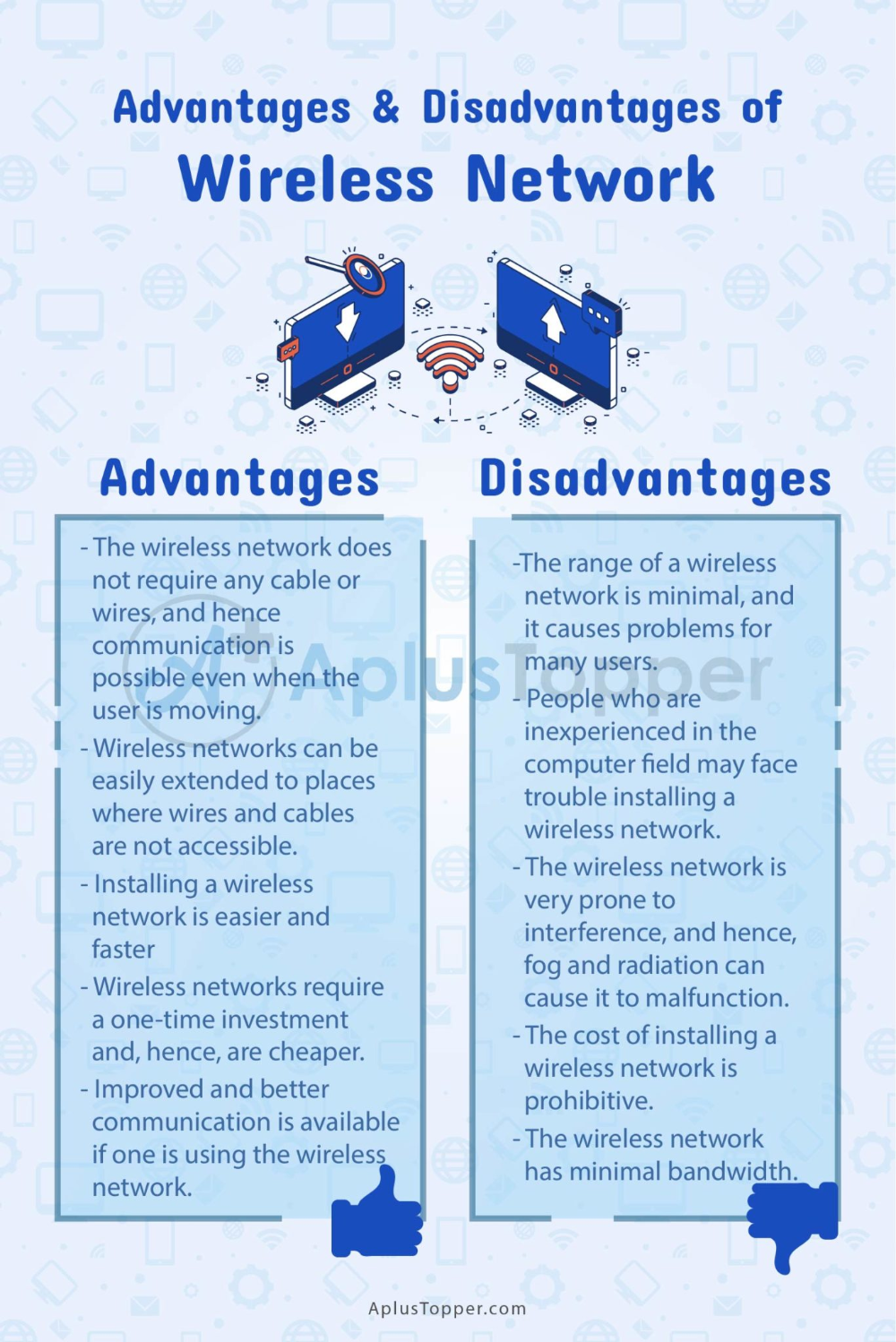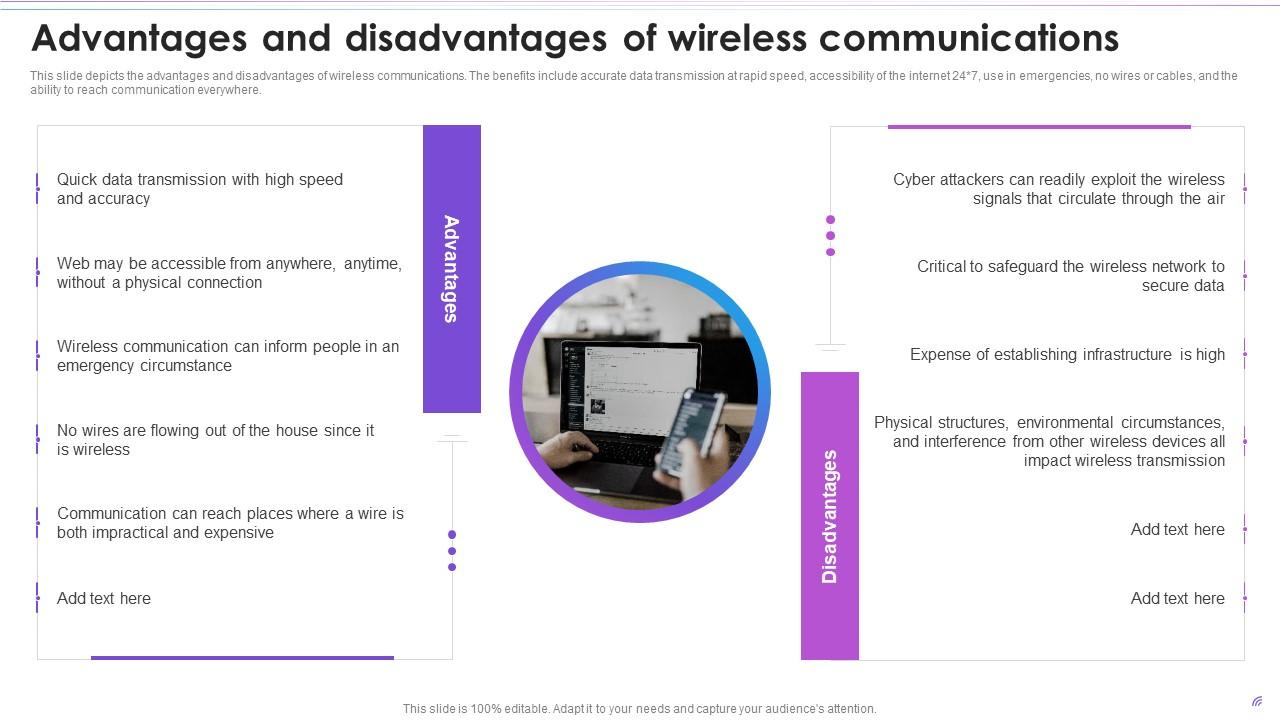
What are Some of the Disadvantages of Wireless Networks
Wireless networks have become increasingly popular due to their flexibility, mobility, and easy installation. However, they come with their fair share of disadvantages that need to be considered. In this article, we will explore some of the main drawbacks of wireless networks.
1. Limited Range
One of the primary disadvantages of wireless networks is their limited range. Unlike wired networks, which can extend over long distances using cables, wireless networks have a restricted coverage area. The range of a wireless network can be influenced by factors such as signal strength, physical obstacles, and interference from other devices.
2. Interference
Wireless networks are susceptible to interference from various sources. This interference can degrade the performance and reliability of the network. Other electronic devices, like microwaves, cordless phones, and Bluetooth devices, can interfere with the wireless signals, resulting in reduced speed and connectivity issues.
3. Security Concerns
Security is a significant concern for wireless networks. They are more vulnerable to unauthorized access and data breaches compared to wired networks. Wireless signals can be intercepted, and without proper security measures in place, sensitive information can be compromised. It is crucial to implement robust encryption and authentication protocols to protect wireless networks from potential attacks.

Credit: www.slideteam.net

Credit: www.researchgate.net
4. Speed and Efficiency
Wireless transmission speeds are generally slower and less efficient than wired networks. While the advancements in wireless technology have improved speeds, they still lag behind wired connections. This limitation can affect activities that require high bandwidth, such as large file transfers, video streaming, and online gaming.
5. Limited Bandwidth
Wireless networks have a limited amount of bandwidth available for communication. This means that multiple users connected to the wireless network can experience reduced speed and performance, especially during peak usage periods. Wired networks, on the other hand, have higher bandwidth capabilities, allowing for smoother and faster data transmission.
Frequently Asked Questions For What Are Some Of The Disadvantages Of Wireless Networks
What Are 3 Disadvantages Of Wireless Network?
Three disadvantages of wireless networks are limited range, potential interference, and security concerns. Wireless networks may have a smaller coverage area compared to wired networks, which can limit connectivity options. Additionally, wireless signals can be influenced by external factors, such as walls or other devices, leading to potential interference.
Security concerns arise as wireless signals can be intercepted or breached, making them more vulnerable to unauthorized access.
What Is The Biggest Problem With Using Wireless Networks?
The biggest problem with using wireless networks is the potential for limited range, interference, and security concerns. Wireless transmission may also be slower and less efficient than wired networks, impacting overall network performance.
What Is The Disadvantage Of Wifi?
The main disadvantage of Wi-Fi is slower and less efficient transmission compared to wired networks. Wireless networks can be prone to interference and security vulnerabilities.
Which Of The Following Are Disadvantages Wireless Communication?
Disadvantages of wireless communication include security risks, slower speed than wired networks, interference problems, and the need for basic computer knowledge.
Conclusion
In conclusion, while wireless networks offer convenience and flexibility, they do come with several disadvantages. The limited range, interference, security concerns, slower speeds, and limited bandwidth can negatively impact the performance and reliability of wireless networks. It is essential to weigh these drawbacks against the advantages before deciding on the best network solution for your needs.
